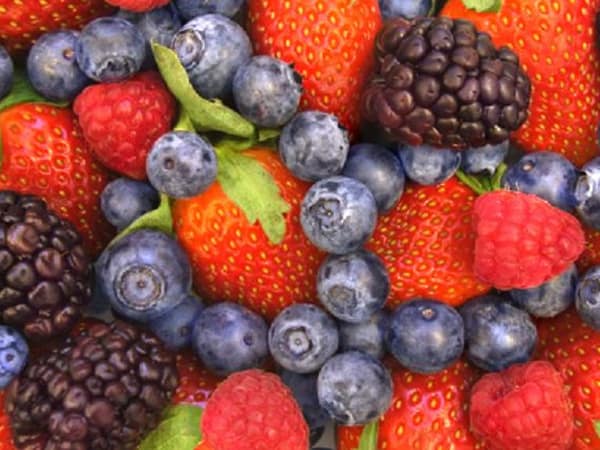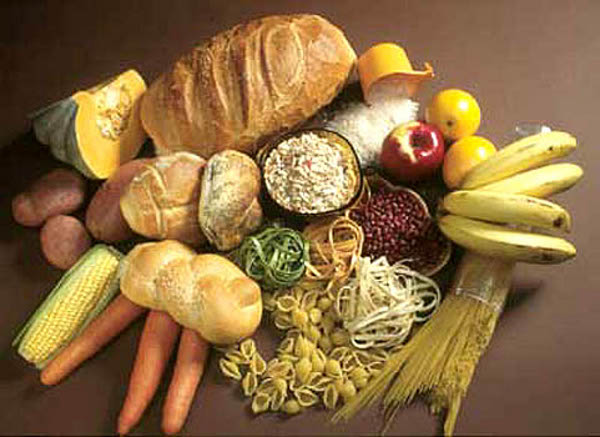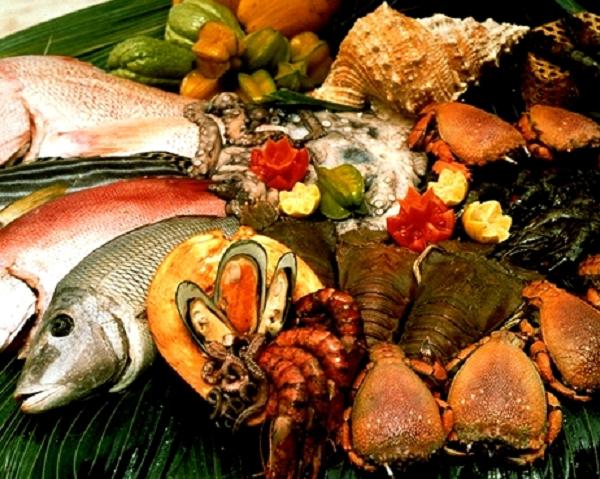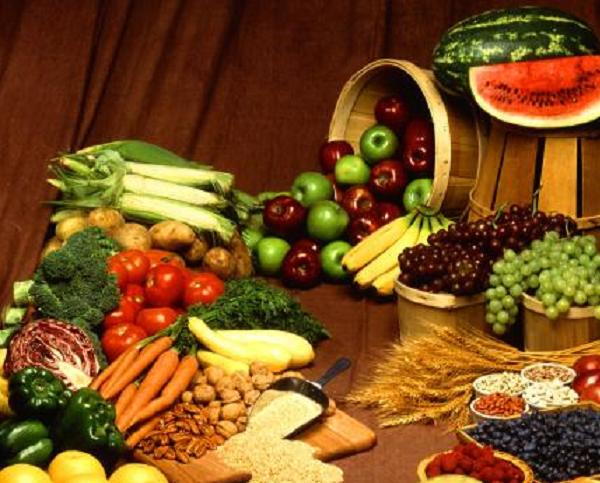Wound is actually inflamed portion of injured organ where body’s immune system starts working to heal. Prolonged healing of wound can often lead to gangrene which may result in removal of organ too. The body has an excellent mechanism to heal the wound automatically. It triggers the formation of platelet net followed by binding of red blood cells to create a wound cover. Then the white blood cells and macrophages start working to remove any infection and the outer covers, comprising of collagen, slowly starts regenerating to heal the injury.
The process requires a lot of input from the body. The body starts with inflammation and rising the temperature of the local wound region. Lot of energy and bodybuilding molecules, are spent on the healing process. Therefore, we need to supplement our body with food that aids in healing and quick recovery. Here are the few categories of nutrients that you should eat to aid your wound healing process:
1. Energy Sources
Proteins, fats and carbohydrates are the main source of energy. There is a local temperature rise with wound healing, which results in body weakness. The pain also subdues the whole body. Therefore, you need to eat a lot of energy rich food. You can start with glucose to give extra energy when your wound healing starts to give a boost in your energy requirement. However, do not take extra glucose as it interferes with normal healing. Diabetic people should go for protein rich food as carbohydrates raise their sugar level unnecessary. Rice and wheat flours intake should be balanced for those people who are suffering from aggravated wounds.
2. Amino acid sources
Almost all of the immune system molecules are combination of amino acids. Therefore, during wound healing body needs many amino acids for building white blood cells, macrophages and red blood cells. For that, you need to eat protein rich diet to supply the essential amino acids to your body. You can eat eggs, fish or meat to fulfill the protein deficit. You can also opt for drinking milk and milk protein food like cheese, if you are not comfortable with Non Vegan diet.
3. Sources of minerals
The immune process needs lots of mineral. Body needs excess iron, zinc, calcium and copper to quicken the healing process. Iron is very beneficial as it aids in formation of hemoglobin in RBC, which carries the oxygen to different body parts. Iron also helps in hydroxylation of Proline and Lysine to aid collagen synthesis. Zinc is essential for a lot of enzymatic process to run the body. Some of these enzymatic processes also aids in wound healing. Copper are required for collagen and elastin synthesis while calcium is essential to make thrombin to aid the clotting process.
A proper mineral supplement can quicken the process of healing. You can have bananas, beets, turnip, beans, broccolis, venison, molasses for iron, while zinc can be found in sea foods, cereals and meat sources. Copper is found in almost all vegetables while calcium can be found in milk and leafy vegetables. Therefore, a salad of vegetables can be a good source of iron and copper and taking seafood and cereals can help you fulfill the zinc’s requirement.
4. Vitamin sources
Vitamins are essential to run the body. They regulate hormonal synthesis and trigger the immune system. Vitamin C, Vitamin A and Vitamin K plays vital roles in wound healing. Vitamin A has a widespread role in control of infection and differentiation of fibroblast to form new immunogenic molecules. Vitamin A is also essential for collagen synthesis. Vitamin C is vital cofactor in collagen synthesis. It is very essential for the body as it promotes the growth of tissues needed for regeneration leading to healing.
Vitamin K along with Calcium promotes the synthesis of Thrombin that aids in clotting of blood to provide a protective cover of blood clot on the wound. Vitamin A can be found in seafood, fish oils, carrots, beets, spinach and milk while Vitamin C is found in all citrus fruits. All green leafy vegetables are rich in Vitamin K. Therefore, a diet of milk or a salad with leave vegetables with citrus flavor can provide you the necessary vitamins.








